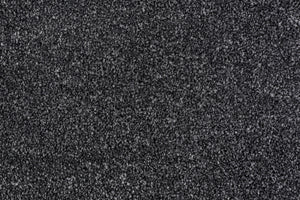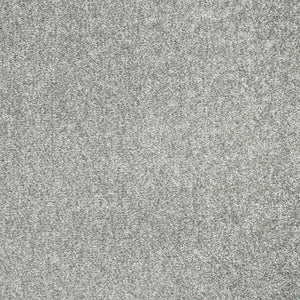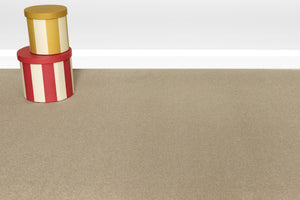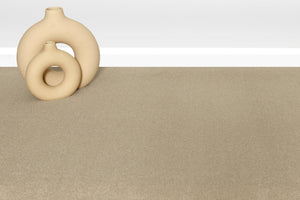
If you're looking for a strong, stylish, and low-maintenance flooring option, SPC flooring might be exactly what you need. Designed to handle busy homes and commercial spaces, SPC flooring is becoming a go-to choice for people who want something modern, durable, and waterproof.
Here’s everything you need to know about SPC flooring, how it works, and whether it’s right for your space.
Table of Contents
- What Does SPC Stand For
- What is SPC Flooring Made Of
- Key Features and Benefits of SPC
- Where to Use SPC Flooring
- SPC vs Other Flooring Types
- Final Note: Is SPC Flooring Right for You
What Does SPC Stand For
SPC stands for Stone Plastic Composite, sometimes also called Stone Polymer Composite. It refers to a type of rigid-core luxury vinyl flooring that combines stone powder with stabilisers and plastic to create an extremely durable and stable core.
The result is a flooring product that looks like real wood or stone but is much tougher, easier to install, and completely waterproof.
What is SPC Flooring Made Of
SPC flooring is made up of multiple layers, each with a specific purpose:
- Wear Layer: A clear protective layer that guards against scratches, stains, and surface wear.
- Printed Vinyl Layer: This gives the flooring its realistic wood, stone, or tile appearance.
- SPC Core: The rigid core made from limestone powder and stabilisers. This is what gives SPC its strength, water resistance, and resistance to temperature changes.
- Underlay (optional): Some SPC floors come with a pre-attached underlay for added comfort and sound absorption.
Key Features and Benefits of SPC
SPC flooring has several key benefits that make it stand out from other flooring types:
- Completely waterproof
- High resistance to dents, scratches, and everyday wear
- Stable in humid or fluctuating temperatures
- Easy to install with click-lock systems
- Comfortable underfoot, especially with built-in underlay
- Realistic finishes that mimic natural wood or stone
- Low maintenance and easy to clean
Where to Use SPC Flooring
SPC flooring is suitable for almost any room in the home or commercial environment. Its water resistance and toughness make it ideal for:
- Kitchens
- Bathrooms
- Utility rooms
- Hallways and entrances
- Living rooms
- Commercial offices and showrooms
Because it’s stable under temperature changes, it’s also great for conservatories, extensions, or spaces with underfloor heating.
SPC vs Other Flooring Types
If you're comparing SPC to other flooring options, here’s how it measures up:
SPC vs Laminate
SPC is waterproof, laminate is not. SPC is also more stable in areas with moisture or heat changes.
SPC vs Traditional Vinyl (LVT)
SPC has a rigid core, while LVT is more flexible. SPC offers more impact resistance and doesn’t require a perfectly smooth subfloor.
SPC vs Engineered Wood
SPC is more affordable, waterproof, and easier to maintain. Engineered wood has a more natural feel but needs more care.
Final Note: Is SPC Flooring Right for You
SPC flooring is a strong all-rounder. If you need flooring that can handle spills, foot traffic, pets, or commercial use and still look fantastic, SPC is a smart, modern choice. With a range of finishes, fast installation, and minimal upkeep, it fits perfectly into busy lifestyles and hardworking spaces.
If you’re considering a flooring upgrade, SPC might just be the best option for you. Contact us if you need any assistance to order yours.





